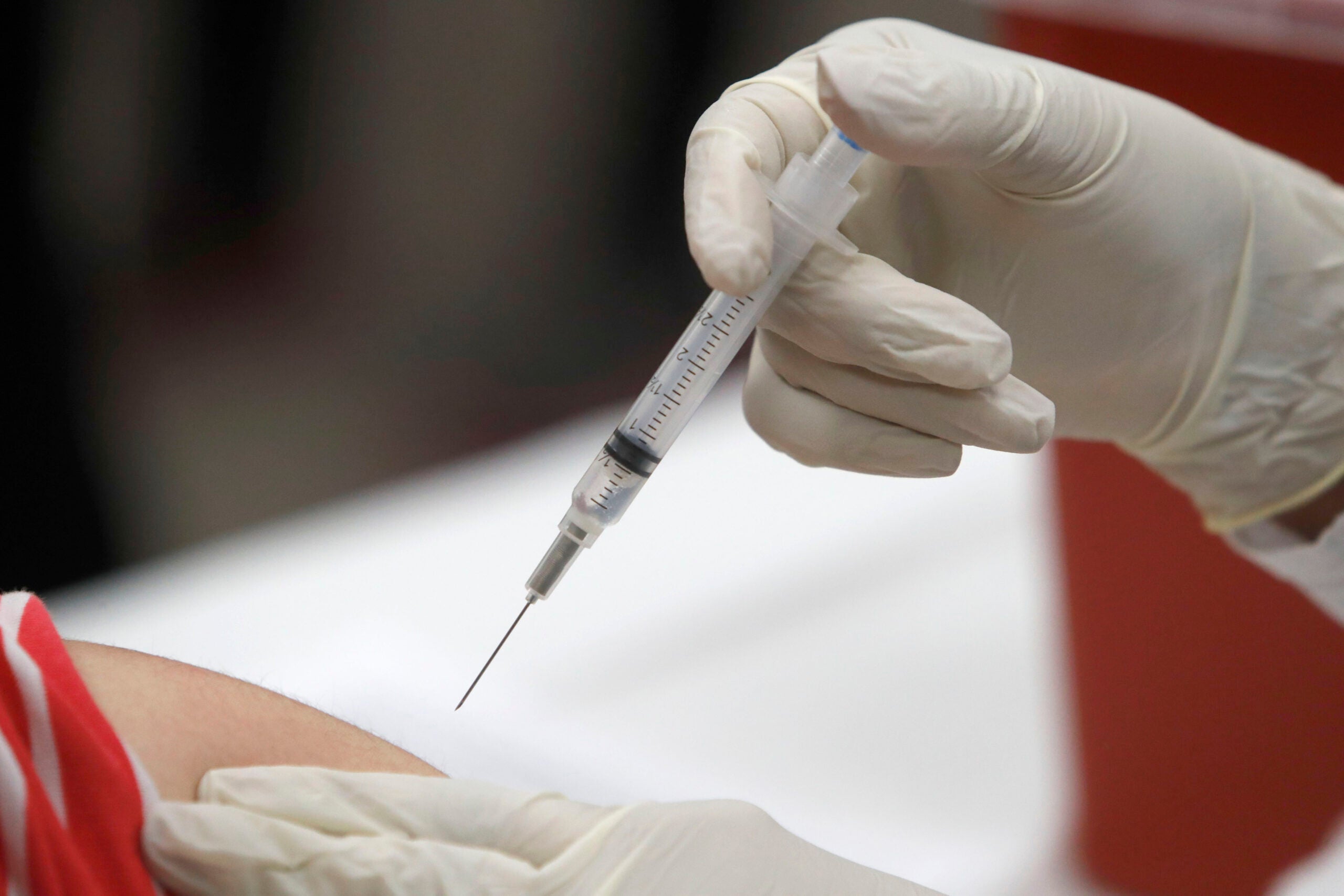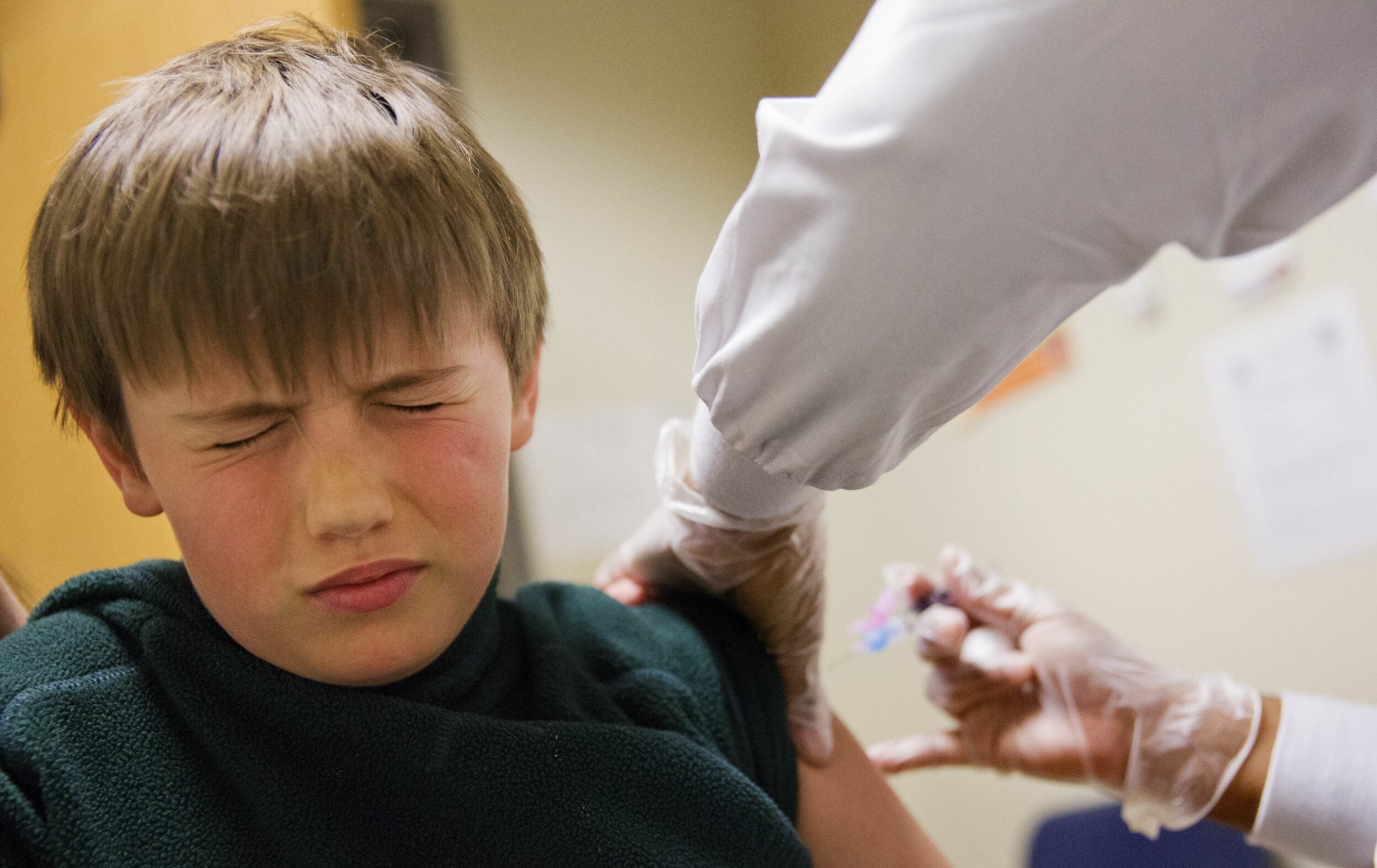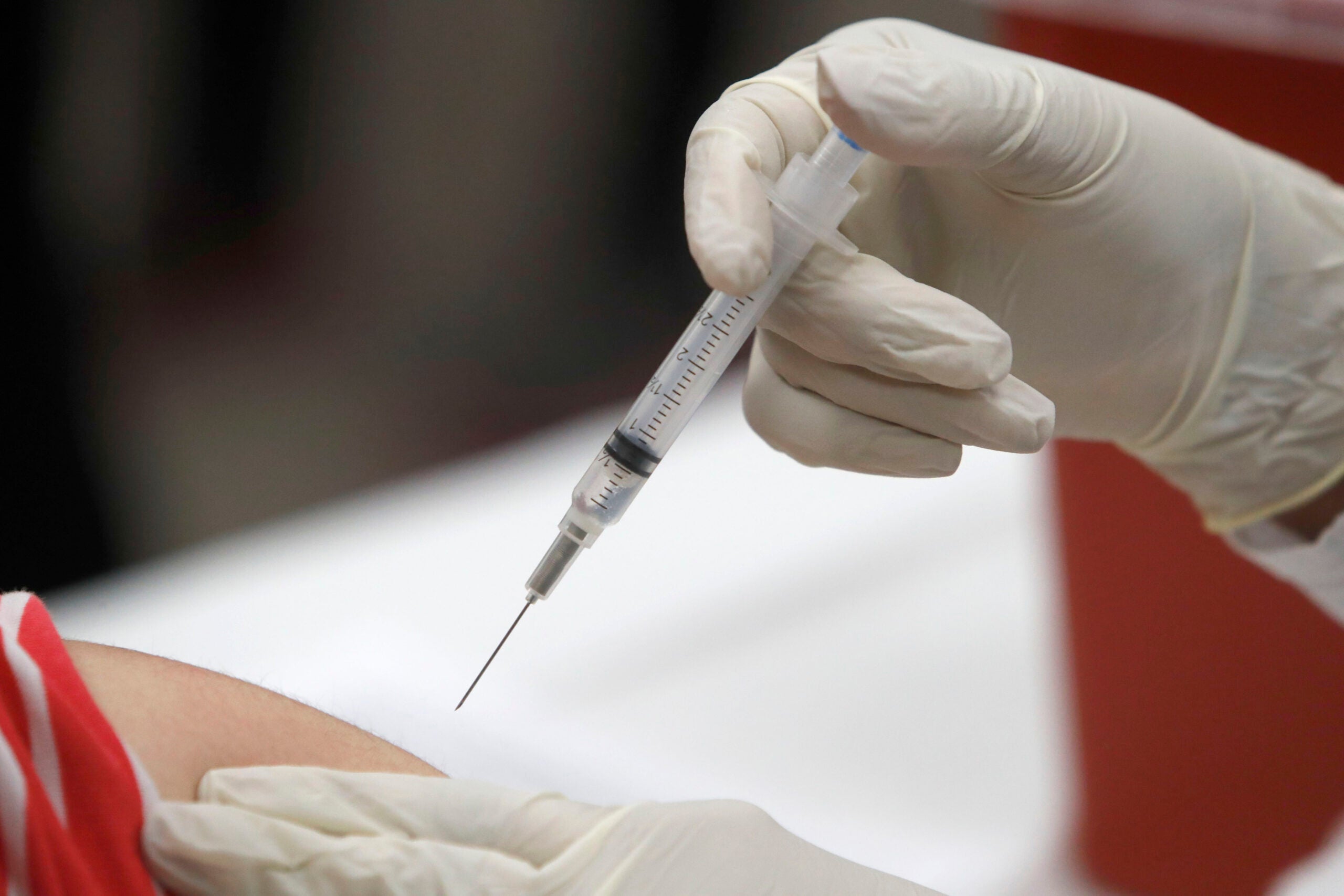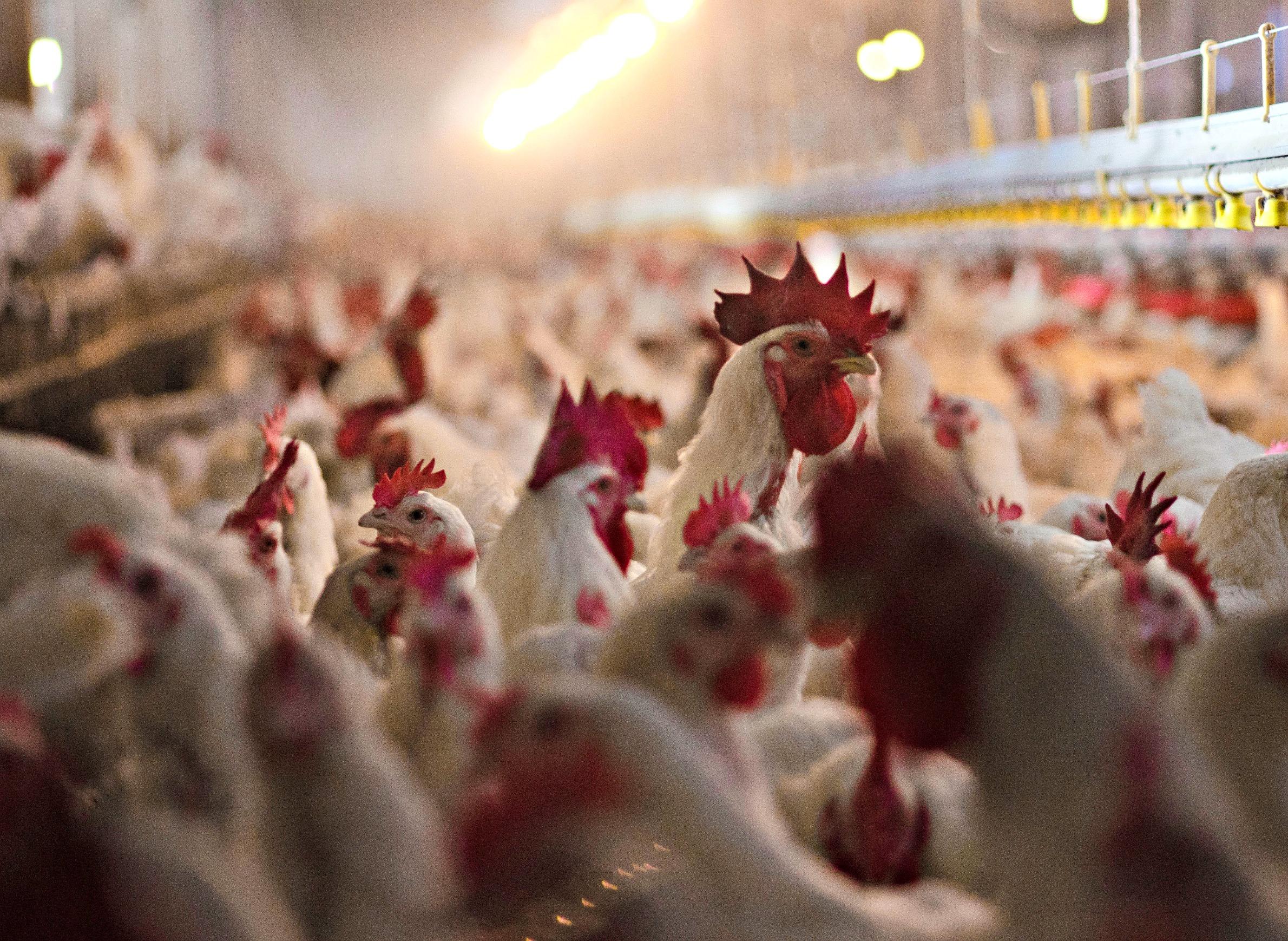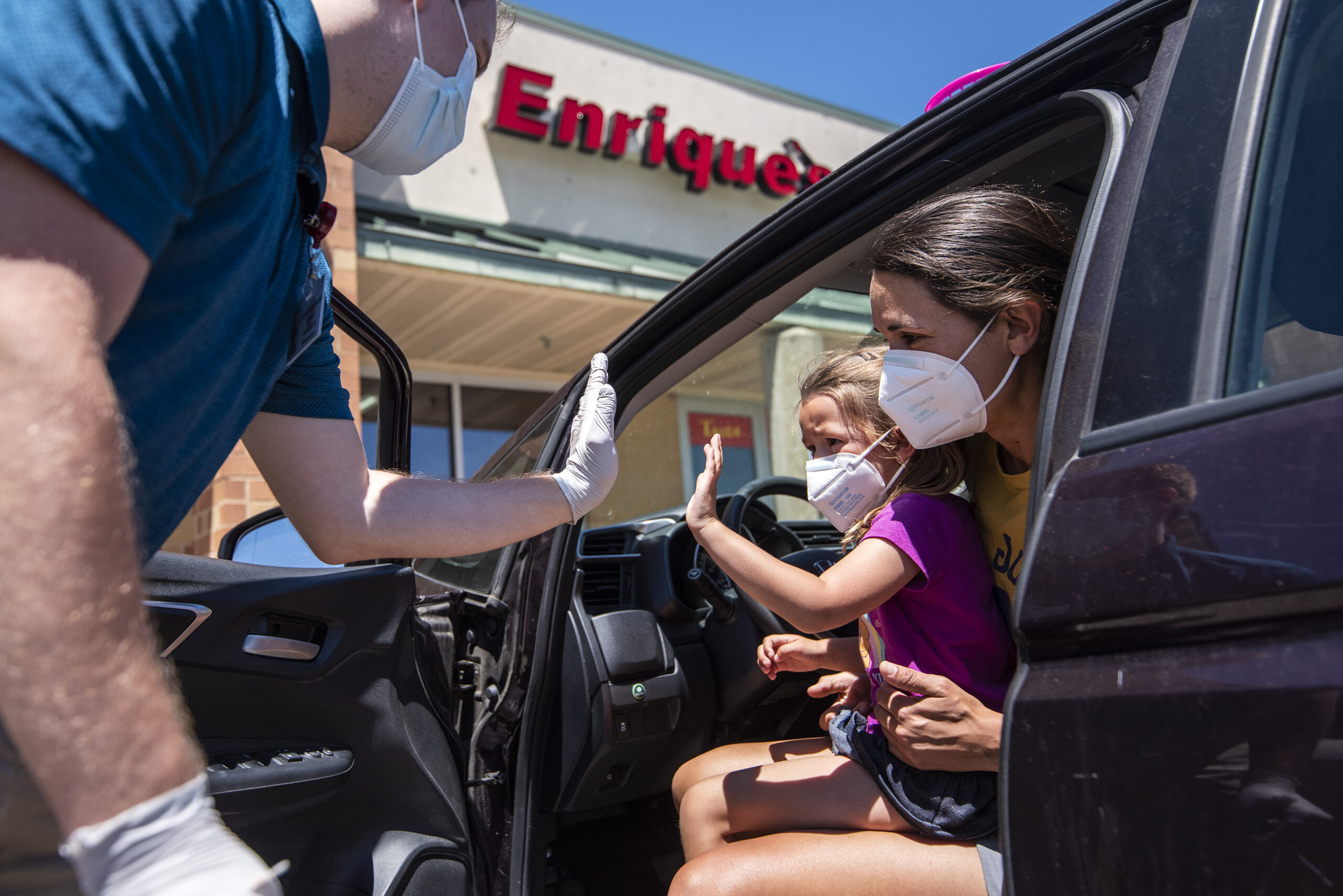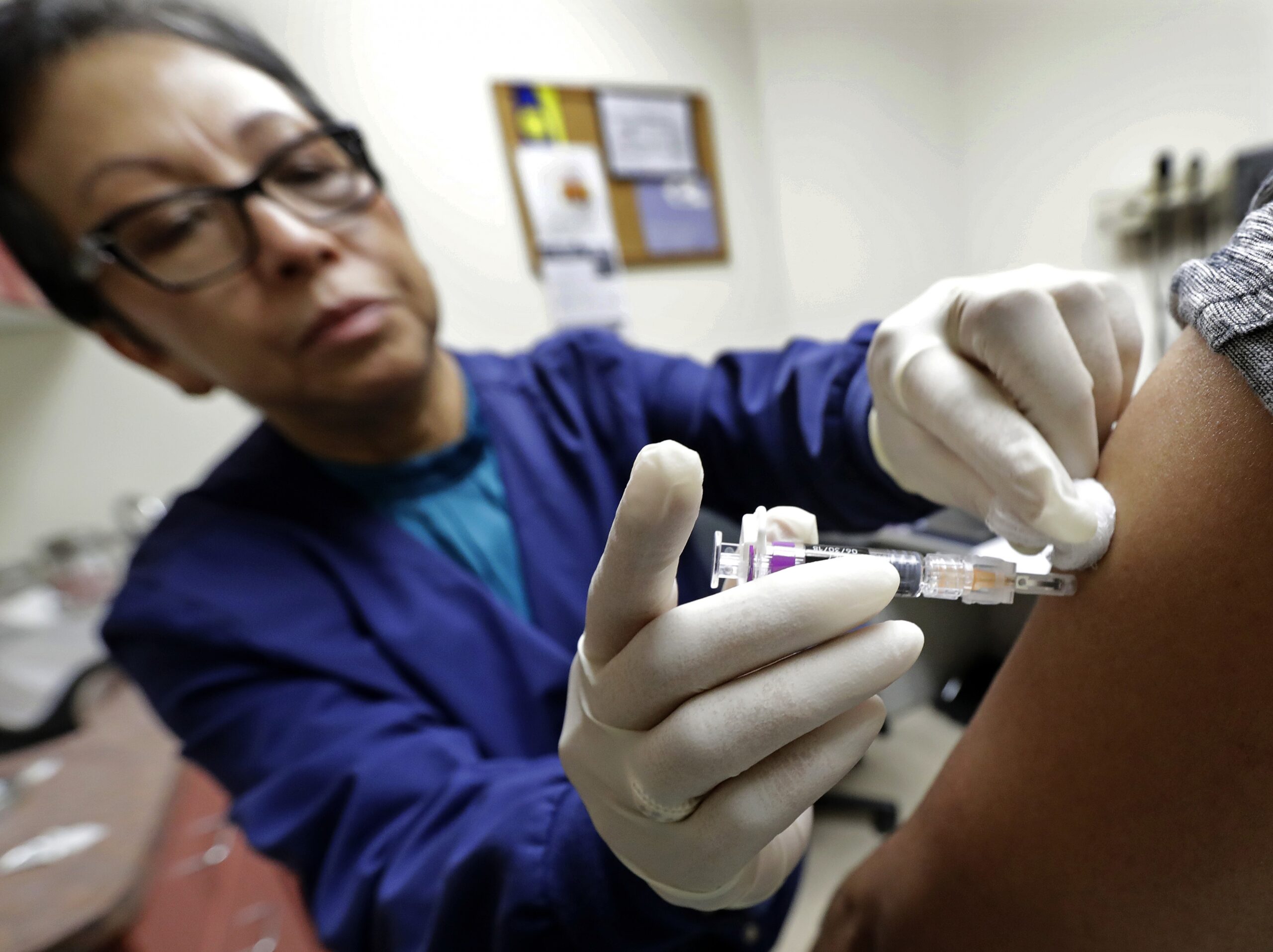With all the focus on a new COVID-19 variant, it’s easy to forget about the flu. But University of Wisconsin-Madison officials warn cases are picking up on campus and around the state.
This could leave students in bad shape for final exams and potentially strain health care services around the state if influenza becomes widespread as the pandemic picks up, campus and state health officials said Tuesday.
There were 128 confirmed cases of influenza reported the week leading up to Thanksgiving, according to the state’s most recent surveillance report. Since Oct. 1, there have been seven people hospitalized with influenza, only one under age 65, and no deaths. Last year, there were only 38 cases of influenza in Wisconsin.
Stay informed on the latest news
Sign up for WPR’s email newsletter.
UW-Madison Housing said flu cases are increasing across campus and urged those who are uncertain whether it’s influenza or COVID-19 to get tested in a tweet Tuesday.
“The hospitals are still at very high capacity, some are full,” said state flu surveillance coordinator Thomas Haupt in a Facebook post.
Children are also getting other respiratory illnesses requiring medical care. The report shows respiratory syncytial virus, or RSV, is spreading, with 502 cases reported the week leading up to Thanksgiving. There is no vaccine for RSV, which usually causes mild, cold-like symptoms but can cause serious lung infections in infants and older adults.
In November, the Centers for Disease Control and Prevention investigated a large outbreak of the flu among students at the University of Michigan. A vast majority of the 528 cases on the Ann Arbor campus were unvaccinated.
The CDC has seen increased flu activity in some parts of the U.S., particularly in New Mexico and Georgia, especially among young adults. While flu activity is still low overall nationally, there has been an increase of influenza A (H3N2) viruses detected in recent weeks.
“This (strain) is one of our most feared competitors. They can be pretty tricky and aggressive,” said Dr. James Conway, associate director for health sciences at UW-Madison’s Global Health Institute.
State health officials urged people to get vaccinated for both COVID-19 and the flu, not only to protect themselves but also younger children who cannot yet get COVID-19 shots.
“We are very concerned about the pediatric population. Anybody with children under 5, the people around them need to get vaccinated both for COVID-19 and influenza,” urged Haupt.
The city of Milwaukee on Tuesday issued a mask advisory for indoor public spaces, urging people to wear a face covering even if they are vaccinated. Dane County has the state’s only mask mandate, which continues until Jan. 3.
So far, 30 percent of Wisconsin residents are vaccinated against seasonal flu and 56 percent are fully vaccinated against COVID-19.
The Biden administration has urged all adults to get a COVID-19 booster as scientists study the new omicron variant to see how easily it spreads and whether it causes more severe symptoms. The Wisconsin Department of Health Services supports the booster recommendation, urging people to take a layered approach with masks, vaccination, staying home if sick, washing hands and getting tested if you have symptoms.
Wisconsin Public Radio, © Copyright 2025, Board of Regents of the University of Wisconsin System and Wisconsin Educational Communications Board.
